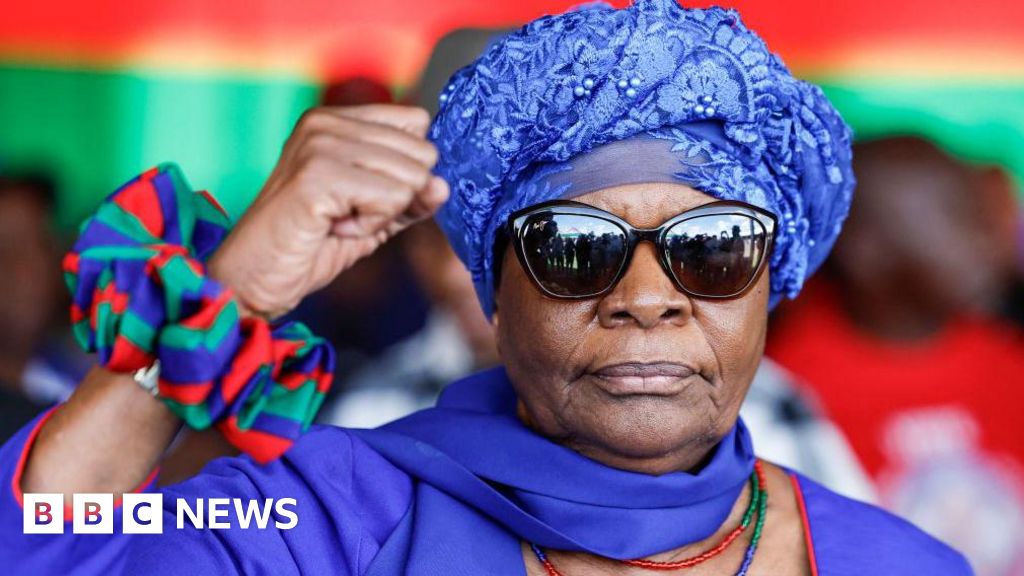Nigeria will play a huge role in advancing Africa’s Artificial Intelligence (AI) drive for social economic progress and climate development. According to the Global System for Mobile Communications Association (GSMA) in a new report, titled: “AI for Africa: Use Cases Delivering Impact – Nigeria Deep Dive,” noted that the country had the potential to drive AI potential and lead roles for others in the ecosystem.
This follows a continent-wide report, funded by the United Kingdom Foreign, Commonwealth and Development Office (FCDO), which highlighted that while Africa currently accounts for only 2.5 per cent of the global AI market, emerging AI applications hold the potential to boost African economic growth by $2.9 trillion by 2030.
The newly released analysis on Nigeria, also funded by FCDO, highlighted AI’s transformative capacity in the country in key sectors such as agriculture, energy and climate action, and underscored Nigeria’s potential to lead in AI-driven development across the continent.
This is coming as Nigeria’s draft National AI Strategy hoped to cut the unemployment rate by 70 per cent with a special focus on youths and women in the country.
According to GSMA, the global organisation unifying the mobile ecosystem, AI in agriculture will enhance productivity and food security. It said agriculture remained a significant sector in Nigeria, employing nearly 40 per cent of the population and contributing a quarter of the GDP.
GSMA said digital technologies would enhance resource efficiency, increase productivity, improve market access, and reduce post-harvest losses. It added that AI-powered solutions, like Crop2Cash’s FarmAdvice and ThriveAgric’s Agricultural Operating System, were already making strides by providing tailored advice and financial services to farmers.
“However, challenges such as limited data availability, high costs, and a significant digital skills gap among smallholder farmers hinder the widespread adoption of AI,” it stated.
In the areas of energy, the telecoms body said while the country’s energy sector faced challenges, including an aging infrastructure and a reliance on fossil fuels, the deployment of AI technologies in the field remains nascent in Nigeria but has significant potential to improve energy distribution and reliability. Innovations like Beacon Power Services’ AI-enabled grid management platform and Husk Power Systems’ AI-driven mini-grids can optimise energy usage and extend access to rural areas.
According to it, these solutions are critical in addressing the energy sector’s needs, providing both on-grid and off-grid systems with the tools to enhance efficiency and sustainability. The report noted that where access is lacking, AI could also play a role by helping inform energy planning and supporting the financing of solar appliances to reduce energy poverty.

 3 months ago
40
3 months ago
40














![[ICYMI] No N500m missing from customer’s account, says Access Bank](https://cdn.punchng.com/wp-content/uploads/2018/09/14183604/20180707-DSC_0077new.jpg)
 English (US) ·
English (US) ·